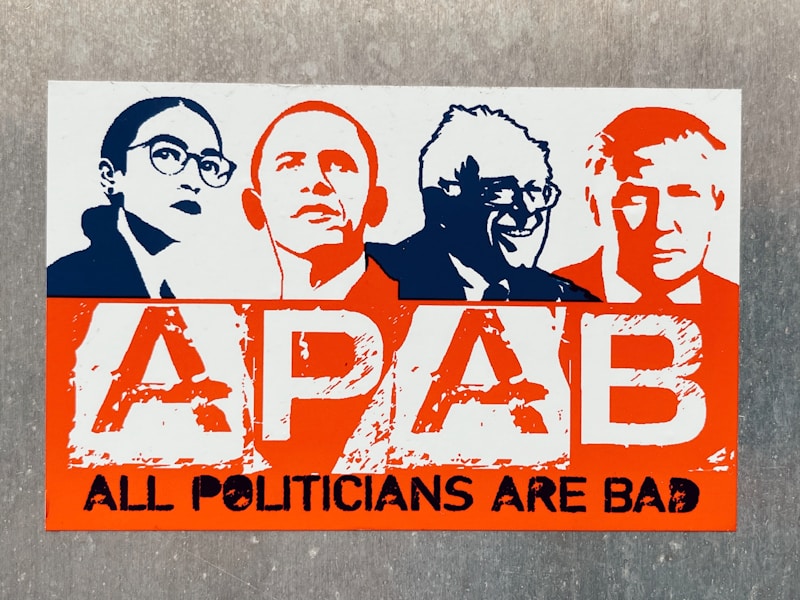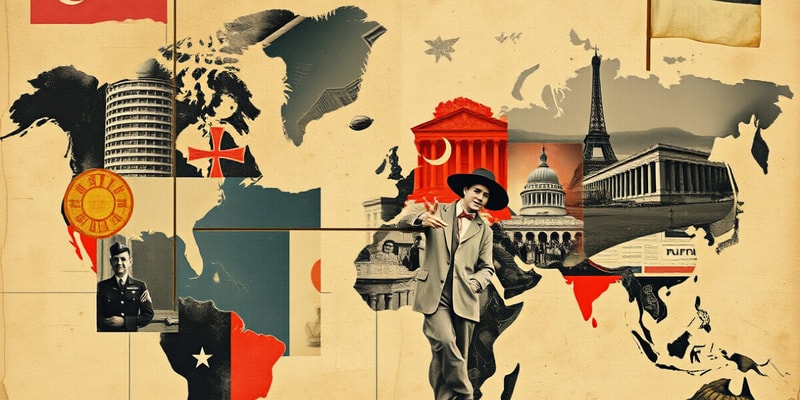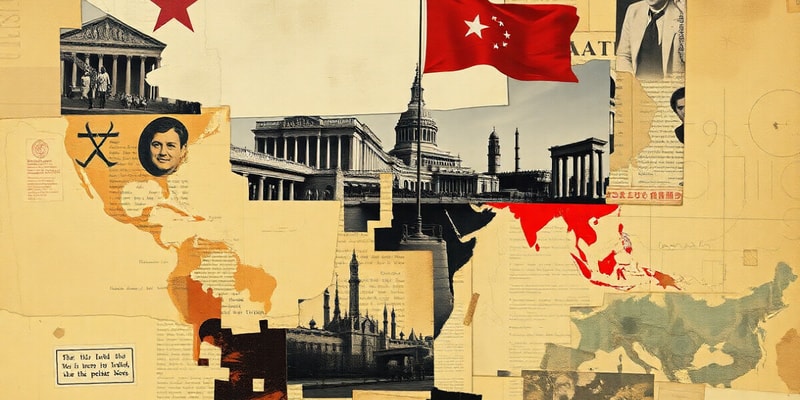Podcast
Questions and Answers
Which theory of international relations emphasizes cooperation through international institutions?
Which theory of international relations emphasizes cooperation through international institutions?
What type of power combines military influence with diplomatic strategies?
What type of power combines military influence with diplomatic strategies?
Which of the following is primarily concerned with the social construction of state behaviors?
Which of the following is primarily concerned with the social construction of state behaviors?
What is considered a key actor that influences economic policies on a global scale?
What is considered a key actor that influences economic policies on a global scale?
Signup and view all the answers
Which major issue in international politics deals with advocacy and the enforcement of personal freedoms?
Which major issue in international politics deals with advocacy and the enforcement of personal freedoms?
Signup and view all the answers
In international law, what governs the conduct of states and includes treaties and conventions?
In international law, what governs the conduct of states and includes treaties and conventions?
Signup and view all the answers
Which concept refers to the increased interconnectedness of states and societies?
Which concept refers to the increased interconnectedness of states and societies?
Signup and view all the answers
Which approach emphasizes national interests and power in shaping state actions?
Which approach emphasizes national interests and power in shaping state actions?
Signup and view all the answers
Study Notes
Key Concepts in International Politics
-
Definition:
- Study of relationships between countries, including the roles of sovereign states, intergovernmental organizations, non-governmental organizations, and multinational corporations.
-
Theories of International Relations:
-
Realism:
- Focus on power and national interests.
- States act rationally to maximize security and power.
-
Liberalism:
- Emphasizes cooperation and international institutions.
- Belief in the possibility of progress and peace through democracy and economic interdependence.
-
Constructivism:
- Focus on the social construction of international relations.
- Ideas, identities, and norms shape state behavior and international outcomes.
-
Realism:
-
Key Actors:
- States: Primary actors with sovereignty and territorial integrity.
- International Organizations: Examples include the UN, NATO, and WTO; facilitate cooperation and governance.
- Non-Governmental Organizations (NGOs): Influence policy and public opinion on global issues.
- Multinational Corporations (MNCs): Affect economic policies and international trade.
-
Major Issues in International Politics:
- Security: National security, military conflicts, terrorism, and arms control.
- Economic Relations: Trade agreements, economic sanctions, and globalization.
- Human Rights: Advocacy, violations, and international laws.
- Environmental Politics: Climate change agreements, conservation efforts, and sustainable development.
-
International Law:
- Governs the conduct of states and organizations.
- Includes treaties, conventions, and customary laws.
-
Power Dynamics:
- Hard Power: Use of military and economic coercion.
- Soft Power: Influence through culture, values, and diplomacy.
- Smart Power: Combination of hard and soft power strategies.
-
Globalization:
- Increased interconnectedness of states and societies.
- Impact on culture, economics, politics, and technology.
-
Regional Politics:
- Influence of geographic, cultural, and historical factors on politics.
- Examples include the European Union (EU), ASEAN, and African Union (AU).
-
Current Trends:
- Rise of populism and nationalism.
- Shift in power dynamics: U.S. vs. China, and the impact of emerging powers.
- Ongoing challenges: Cybersecurity, migration, and health crises.
Conclusion
Understanding international politics involves analyzing the complex interactions between different actors, the impact of various theories, and the influence of global issues on state behavior and international relations.
Key Concepts in International Politics
- International politics examines the relationships and interactions between sovereign states and other global actors.
- Major entities involved include intergovernmental organizations (e.g., UN, NATO), non-governmental organizations (NGOs), and multinational corporations (MNCs).
Theories of International Relations
-
Realism:
- Prioritizes power and national interests; states rationalize actions to enhance security.
-
Liberalism:
- Advocates for cooperation, emphasizing democracy and economic interdependence as pathways to peace.
-
Constructivism:
- Argues that social constructs like ideas and norms significantly influence international relations and state behavior.
Key Actors
-
States:
- Esteemed as the leading actors in international politics, maintaining sovereignty and territorial integrity.
-
International Organizations:
- Facilitate global cooperation and governance, playing crucial roles in various sectors.
-
Non-Governmental Organizations (NGOs):
- Shape international policies and public perspectives on pressing global issues.
-
Multinational Corporations (MNCs):
- Influence global economic policies and trade dynamics.
Major Issues in International Politics
-
Security:
- Encompasses national security, military conflicts, terrorism, and arms control measures.
-
Economic Relations:
- Focus on trade agreements, economic sanctions, and the effects of globalization on economies.
-
Human Rights:
- Involves advocacy, prevention of violations, and adherence to international human rights laws.
-
Environmental Politics:
- Engages with climate change efforts, conservation policies, and strategies for sustainable development.
International Law
- Governs the interactions among states and organizations, comprising treaties, conventions, and customary practices to regulate conduct.
Power Dynamics
-
Hard Power:
- Exercised through military action and economic sanctions to influence states.
-
Soft Power:
- Utilizes cultural influence, values, and diplomatic efforts to garner support and reshape perceptions.
-
Smart Power:
- Blends hard and soft power tactics to achieve strategic objectives effectively.
Globalization
- Represents the growing interconnectedness among countries, affecting cultural exchanges, economic transactions, political collaborations, and technological advancements.
Regional Politics
- Reflects the influence of geographic, cultural, and historical contexts, illustrated by the operations of regional entities like the EU, ASEAN, and AU.
Current Trends
- Increased prominence of populism and nationalism in political discourse.
- Shifts in power dynamics, particularly the strategic rivalry between the U.S. and China, alongside the rise of emerging powers.
- Persistent global challenges, including cybersecurity threats, migration issues, and health crises.
Studying That Suits You
Use AI to generate personalized quizzes and flashcards to suit your learning preferences.
Description
This quiz explores the fundamental concepts of international politics, including the definition and key actors involved such as states and organizations. It covers major theories like Realism, Liberalism, and Constructivism, providing insights into how these theories shape international relations. Test your understanding of these critical ideas and their implications for global interactions.




